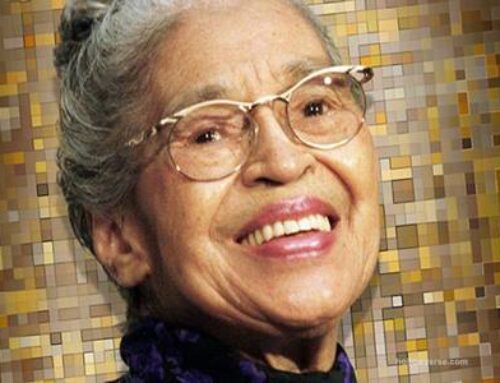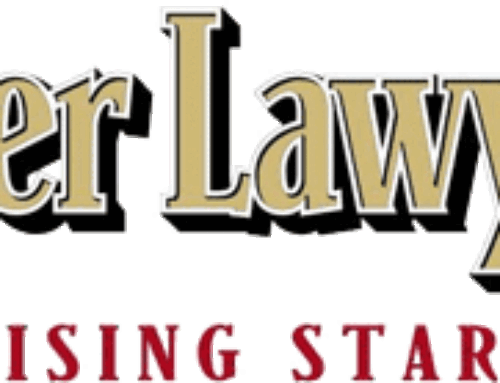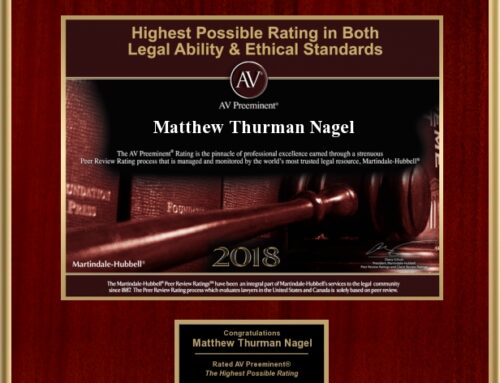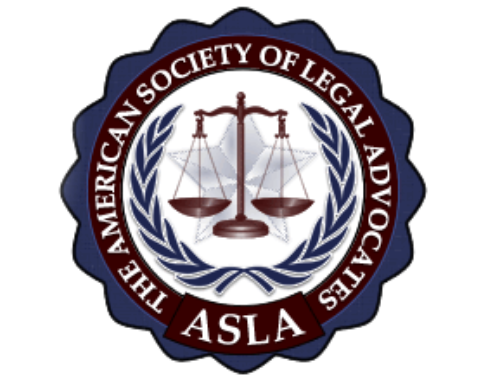 Negligent Entrustment is a type of legal claim brought by an injured party against a vehicle owner, even though someone else was driving the vehicle.
Negligent Entrustment is a type of legal claim brought by an injured party against a vehicle owner, even though someone else was driving the vehicle.
An example of negligent entrustment will help. Bob owns a 2017 Dodge Avenger. He lets Jim borrow the Avenger for the day, even though Bob knows Jim does not have a driver’s license. While driving the Avenger, Jim causes a crash and severely injures Jill.
Jill now has a claim against Jim for negligence and a claim against Bob for negligent entrustment. If forced to, Jill and her lawyers can file a single lawsuit against both Bob and Jim to compensate her for the harms and losses she suffered from the crash.
What Is Required In A Negligent Entrustment Claim?
In a car crash claim, an injured person must prove two things to win a negligent entrustment claim:
1. Did the vehicle owner entrust an unfit person to drive the car?
A big part of proving this element is demonstrating that the owner had knowledge about the driver that would prove him or her incompetent or untrustworthy to drive a car. A person may be “unfit” or “incompetent” if they did not have a driver’s license, had been drinking or using drugs, had a history of driving violations or causing accidents, or lacked the skill and training necessary to handle a specific type of vehicle. Importantly, the injured person must prove the vehicle knew or reasonably should have known about the issue that would make the driver unfit. See generally, Evans v. Shannon, 201 Ill. 2d 424, 434 (2002).
2. Was the incompetency was a proximate cause of a the injuries?
The general rule is that you can only win a negligent entrustment claim against a vehicle owner if the driver’s issue actually caused the crash and the injuries. Watson v. Enterprise Leasing Co., 325 Ill. App. 3d 914, 922 (2001). Essentially, we are asking whether it was reasonably foreseeable to the vehicle owner that a crash could occur by handing his car keys to this particular driver. For instance, is it foreseeable that letting a drunk person use your car could result in a rear-end collision? Yes, it is. Alcohol slows reaction times and a reasonable person could foresee that driver failing to react in time in traffic. If injured, the person has a good basis for a negligent entrustment claim.
Can I Sue the Vehicle Owner and the Driver?
Importantly, the specific facts of your crash determine if you can sue the driver, the vehicle owner or both.
Let’s go back to Bob, Jim and Jill for a moment. Jill has a solid negligence claim against Jim. With some diligent investigation, hard work and strong communication, her legal team can win that case at trial or settle the claim with Jim’s insurance company. To win her negligent entrustment claim, she must prove: 1.) Bob entrusted Jim with the Avenger, knowing he was unfit to drive; and 2.) Jim’s lack of a driver’s license caused the accident and her injuries. Again, Jill’s attorneys can prove Bob’s knowledge through investigation. An experienced car accident lawyer can almost always demonstrate that not possessing a valid driver’s license is the cause of the collision, through one method or another. Given these basic facts, Jill has a strong negligent entrustment claim.
Will The Insurance Company Fight A Negligent Entrustment Claim?
Insurance companies make money by accepting premiums and paying as little on claims as possible. All insurance companies are highly motivated to find reasons not pay – this includes negligent entrustment claims. One strategy that insurance companies use to deny claims is arguing that the policy “does not provide coverage” for a negligent entrustment claim.
Although a very common insurance tactic, it is impossible to go into whether you can bring a negligent entrustment claim after your crash. The answer to every question about insurance coverage is “you must read the full policy.” Reading these insurance policies is extremely complicated; however, your car accident attorney is experienced and skilled at interpreting the language and answering the coverage question for your negligent entrustment claim.
Why Should I Care About Negligent Entrustment?
One of the most important jobs a car accident attorney has Is uncovering insurance coverage. Compensating you for your harms and losses is dependent upon many things, such as the type of injuries you suffered, the type and amount of medical you received, and the impact the injuries had upon your life. However, if the people that caused your injuries do not have insurance or personal assets, there may not be enough money to fully compensate you for your negligence or negligent entrustment claim. By bringing in the driver and the vehicle owner, your car accident lawyer can bring another person to the claim, increasing the amount of assets and possible more insurance to cover your losses.
If you or someone you love was hurt in a car accident, contact the experienced car accident lawyers at the BiState Law Center. We fully investigate every claim and explore all possibilities to help you recover fair compensation. Importantly, we always look for possible negligent entrustment claims, as well as other opportunities to help our clients on the road to recovery. Questions? Contact the BiState Law Center today and schedule your free consultation.





